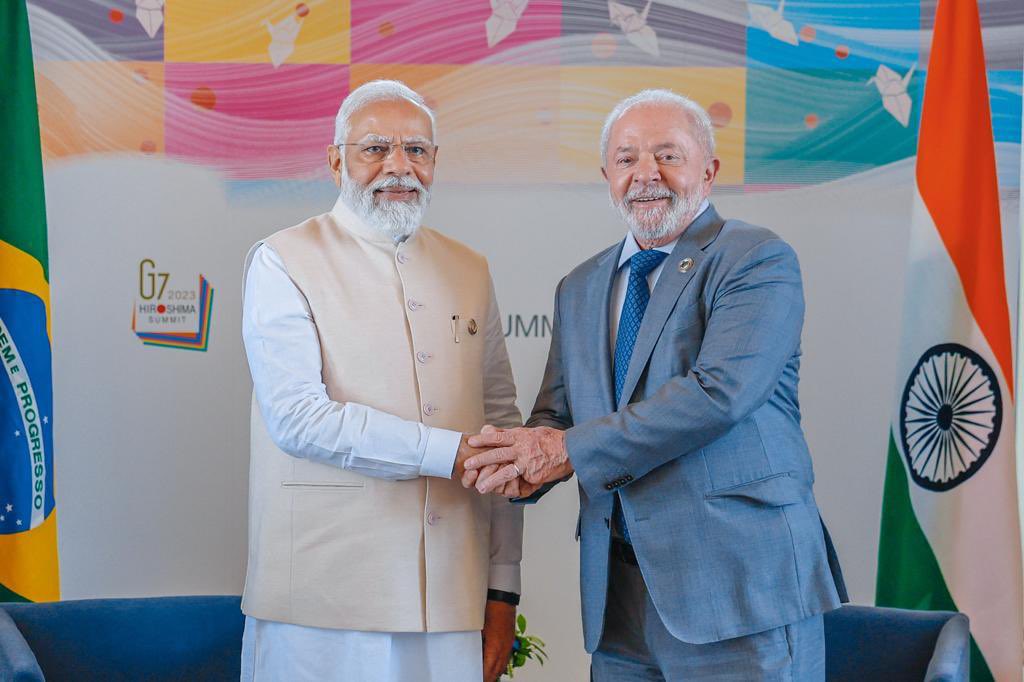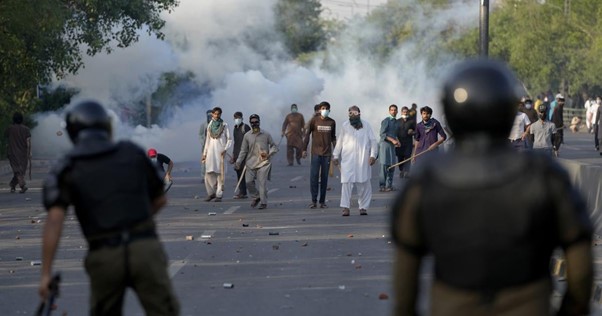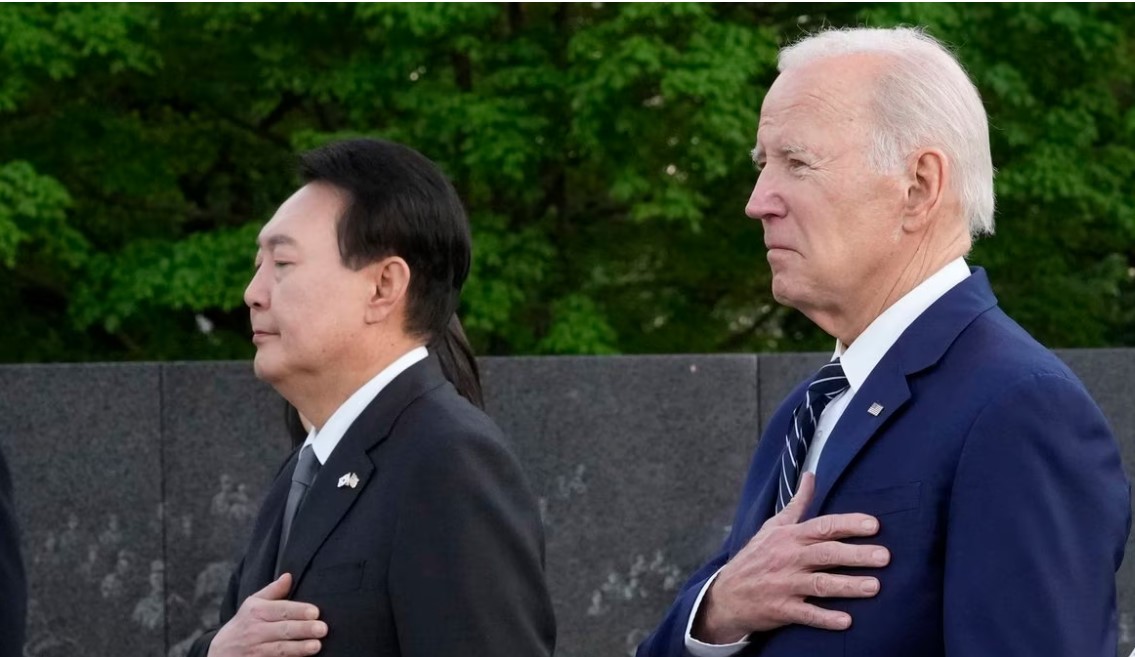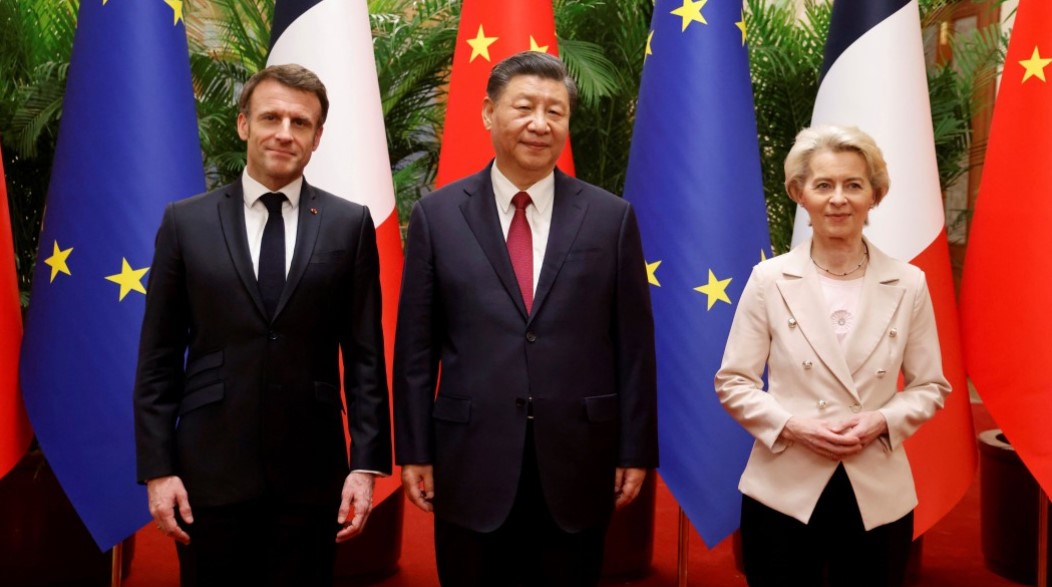Problems in Understanding India’s China Challenge
Sun, 29 Aug 2021 | Reading Time: 3 minutes
The biggest question that fogs the minds of an ordinary Indian is to understand China. The way our neighbour has developed- economically, militarily and socially- is out in front of everyone. With that, China’s reach has also increased. The clash of the PLA with the Indian Army along the LAC, China’s assertive behaviour in the South China Sea (SCS) and its growing ambitions world-over, all are a perfect amalgam for chaos in a globalised, yet schismatic, world.
So, what does an ordinary Indian make out of this China challenge? It is often said, “to understand China, one first needs to understand its domestic politics.” China’s foreign policy is but an extension of its domestic policy. The Communist Party of China (CPC) is a domestic agency that often thinks from a perspective of gaining legitimacy on the domestic turf. This leaf, of focusing on the domestic front ahead of the international front, is taken out and inherited from Mao’s book. However, given the complexity of China’s domestic politics, hinging on the idea of a party state, a distant idea for a country like India, that often works in the silos, it becomes painstaking to decipher the intents of the Chinese.
Then comes the problem of dearth of understanding of the Chinese culture. Chinese culture is a hierarchical one, where the party is considered omnipresent and the citizenry abides by the decree of the party. This is often followed by the rallying cry that the party is providing a good lifestyle to its citizens, a definition of human rights according to the CPC, hence it is a legitimate actor and sole sovereign of the land. The main problem that a layman often encounters while understanding the Chinese political system is that he gets bogged down by the structure of its political system which often looks complicated at the first sight and, in turn, leads to misinterpretation. This gets exacerbated by the lack of understanding of the mandarin language and the deeper understanding of Chinese history, in India.
Then there is the lack of analysis on the Chinese matter. While great commentators and people of immense foresight over this subject exist and do provide their analysis on the topic, we fail to comprehend the crux of the matter. Part of the problem is also our short-sighted approach that is riding on the back of our emotions. Kishore Mahbubani, a renowned Singaporean Diplomat and a great scholar of China, has emphasized this by pointing out that the emotions of Indian people defeat the purpose of challenging China because when you are emotional, mainly in international diplomacy, you make decisions that are irrational and often defeatist. This is also one of the main reasons for exaggerated accounts by the people on every move that China takes, picturing chaotic and out of hand conditions vis-à-vis China.
Further, people face the problem of confirmation bias. Oftentimes, as a layman and due to lack of careful analysis from verified sources, people try to follow the same content and same opinions that conform to their inherent biases about China and lead, often, to the concretization of wrong assumptions. This is followed by misinformation, exaggerated accounts and wrongful analysis, making a chain of problems. This also results in ‘inattentive blindness’ over the hints that Chinese domestic politics provides.
How, then, we make right analysis of this China challenge? To understand the China challenge, first, we need to understand its ‘why’ and ‘how’. The ‘why’ mainly points to the growing ambitions of China as it is becoming economically and militarily powerful and India’s growing cosiness with the west that, in the perception of China, is an intersection of its primary threat from the US and its secondary threat from India. Also, it insinuates, in the analysis of Manoj Joshi’s recent research paper to the ORF, about China’s insistence of conferring a ‘sub-power’ status to India in the Asian region. As far as the ‘how’ is concerned, we need to look at the strategies that are adopted by China affecting the world in general and India in particular, mainly the ones that directly affect India’s core interest- Kashmir, India’s Neighborhood policy, India’s territorial and maritime boundaries and terrorism. On top of this, the lacunae created due to lack of understanding of Chinese culture and Chinese politics, in India, should be filled up by fostering courses on the same and advertising legitimate and credible accounts to dispel misinformation and wrong interpretations.
The China challenge is deeper in analysis than what we are looking at this point. Since the rise of China, it has become increasingly important to understand the country and for a country like India, it is a must. A deeper understanding of the nuances of this China challenge is an imperative of our times not only for policymakers and strategic thinkers but also for laymen and ordinary Indians because, at the end of the day, it would be citizens also, not just policymakers, that would determine the course of India’s China policy.
Disclaimer
The opinions expressed in this article are the author’s own and do not reflect the views of Chanakya Forum. All information provided in this article including timeliness, completeness, accuracy, suitability or validity of information referenced therein, is the sole responsibility of the author. www.chanakyaforum.com does not assume any responsibility for the same.
Chanakya Forum is now on . Click here to join our channel (@ChanakyaForum) and stay updated with the latest headlines and articles.
Important
We work round the clock to bring you the finest articles and updates from around the world. There is a team that works tirelessly to ensure that you have a seamless reading experience. But all this costs money. Please support us so that we keep doing what we do best. Happy Reading
Support Us




















POST COMMENTS (2)
Observer
Unmesh Misra